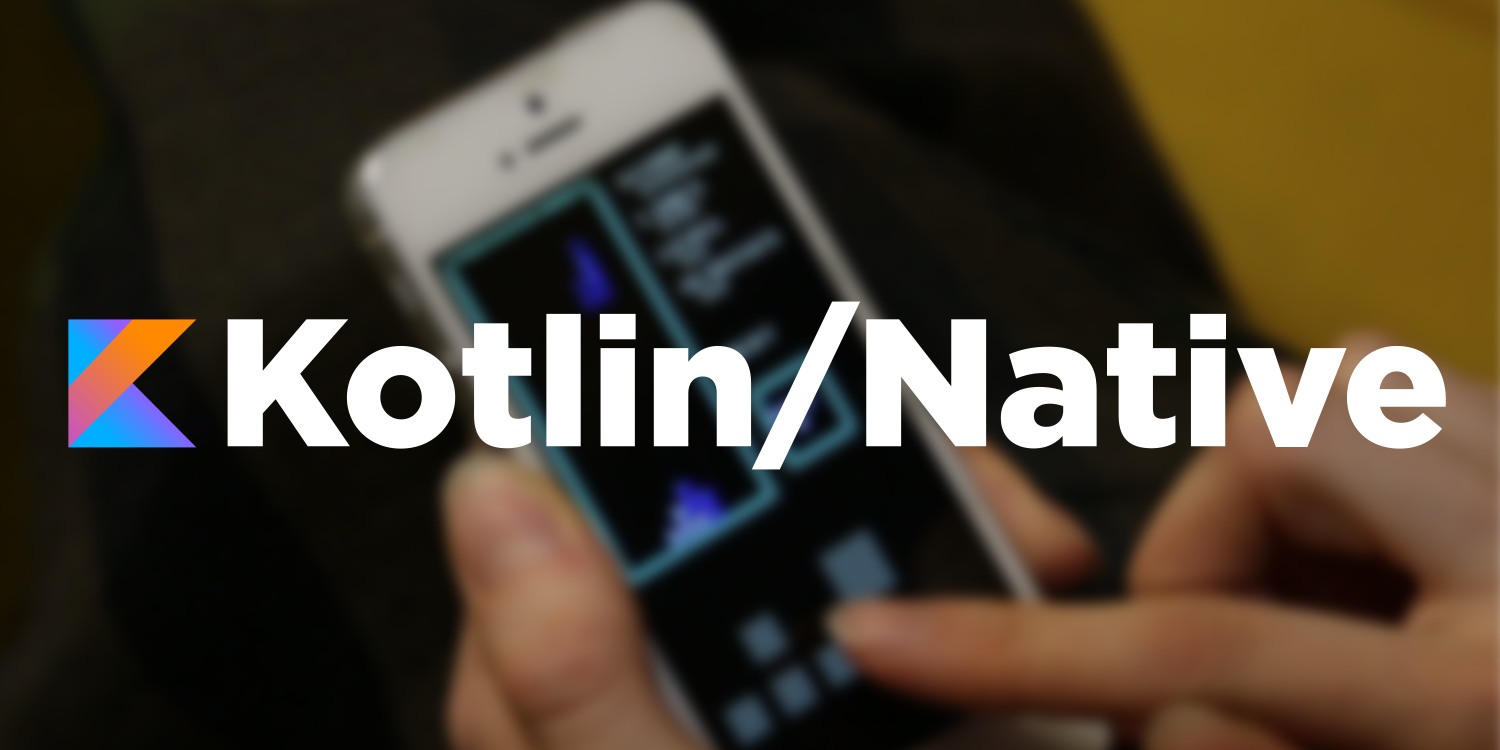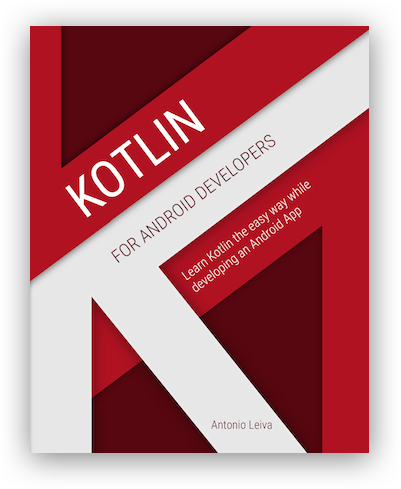Kotlin/Native v0.3
NOTA: Este artículo es una traducción manual de este otro artículo.

Nos complace anunciar la liberación de Kotlin/Native v0.3.
¡Con esta versión vamos a nuevos lugares! A partir de la v0.3 Windows tanto como host de compilación, como host de ejecución, y dispositivos Android como target de ejecución con actividades nativas. De tal forma, un 'Hello World' con el API de Windows, es algo tan sencillo como esto:
fun main(args: Array<String>) {
MessageBoxW(null, "Привет!","标题", MB_YESNOCANCEL or MB_ICONQUESTION)
}Y el proceso de eventos de las actividades nativas de Android:
if (AInputQueue_getEvent(queue, event.ptr) < 0) {
logError("Failure reading input event")
return
}
if (AInputEvent_getType(event.value) == AINPUT_EVENT_TYPE_MOTION) {
when (AKeyEvent_getAction(event.value) and AMOTION_EVENT_ACTION_MASK) {
AMOTION_EVENT_ACTION_DOWN -> {
animating = false
currentPoint = getEventPoint(event.value, 0)
startTime = getEventTime(event.value)
startPoint = currentPoint
}
AMOTION_EVENT_ACTION_UP -> {
val endPoint = getEventPoint(event.value, 0)
val endTime = getEventTime(event.value)
....
}
AMOTION_EVENT_ACTION_MOVE -> {
val numberOfPointers = AMotionEvent_getPointerCount(event.value).toInt()
for (i in 0 until numberOfPointers)
move(getEventPoint(event.value, i))
}
}
AInputQueue_finishEvent(queue, event.value, 1)Depuración:
Con esta versión soportamos depuración a nivel de código fuente (únicamente paso a paso). Por ejemplo, probad:
$ bin/konanc string0.kt -g -o string0
$ lldb ./string0.kexe
(lldb) target create "string0.kexe"
Current executable set to 'string0.kexe' (x86_64).
(lldb) b string0.kt:1
Breakpoint 1: where = string0.kexe'kfun:main(kotlin.Array<kotlin.String>) + 4 at string0.kt:1, address = 0x0000000100001344
(lldb) r
Process 12288 launched: '/Users/jetbrains/kotlin/kotlin-native-release/kotlin-native/string0.kexe' (x86_64)
Process 12288 stopped
* thread #1, queue = 'com.apple.main-thread', stop reason = breakpoint 1.1
frame #0: 0x0000000100001344 string0.kexe'kfun:main(kotlin.Array<kotlin.String>) at string0.kt:1
-> 1 fun main(args: Array<String>) {
2 val str = "hello"
3 println(str.equals("HElLo", true))
4 val strI18n = "Привет"
5 println(strI18n.equals("прИВет", true))
6 println(strI18n.toUpperCase())
7 println(strI18n.toLowerCase())
(lldb) s
Process 12288 stopped
* thread #1, queue = 'com.apple.main-thread', stop reason = step in
frame #0: 0x0000000100001354 string0.kexe'kfun:main(kotlin.Array<kotlin.String>) at string0.kt:3
1 fun main(args: Array<String>) {
2 val str = "hello"
-> 3 println(str.equals("HElLo", true))
4 val strI18n = "Привет"
5 println(strI18n.equals("прИВет", true))
6 println(strI18n.toUpperCase())
7 println(strI18n.toLowerCase())Librerías:
Y por último, pero no por ello menos importante, hemos introducido un formato de librería nuevo, llamado .klib, cuyo propósito es ser el formato de distribución por defecto, de las librerías de Kotlin/Native. Las librerías nativas y frameworks pueden interoperar fácilmente usando .klib y usarse con el compilador de Kotlin/Native especificando el switch de la línea de comandos -library library o con la opción del plugin de Gradle library. La herramienta de interoperabilidad ya produce archivos .klib por defecto. Para más detalles sobre este formato de librería, por favor, mirad aquí.
Los bits:
Los binarios se pueden descargar desde las siguientes direcciones:
Cualquier bug o problema que encontréis se puede reportar en el bug tracker de Kotlin.

